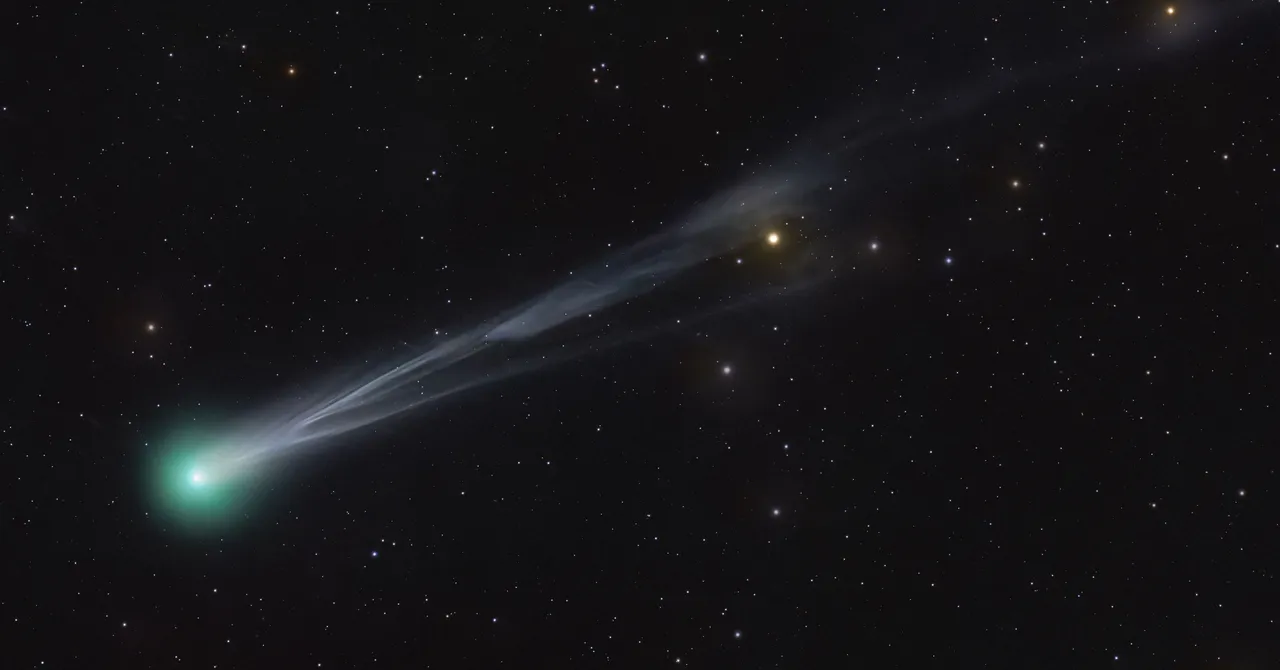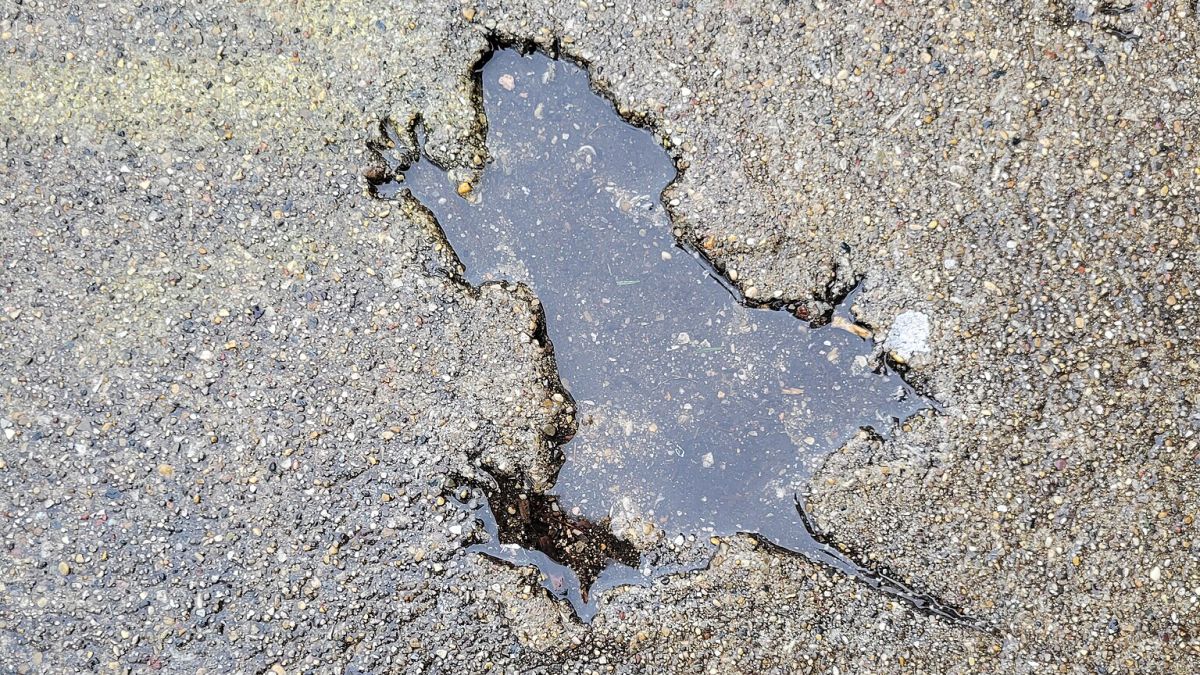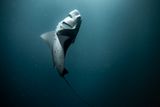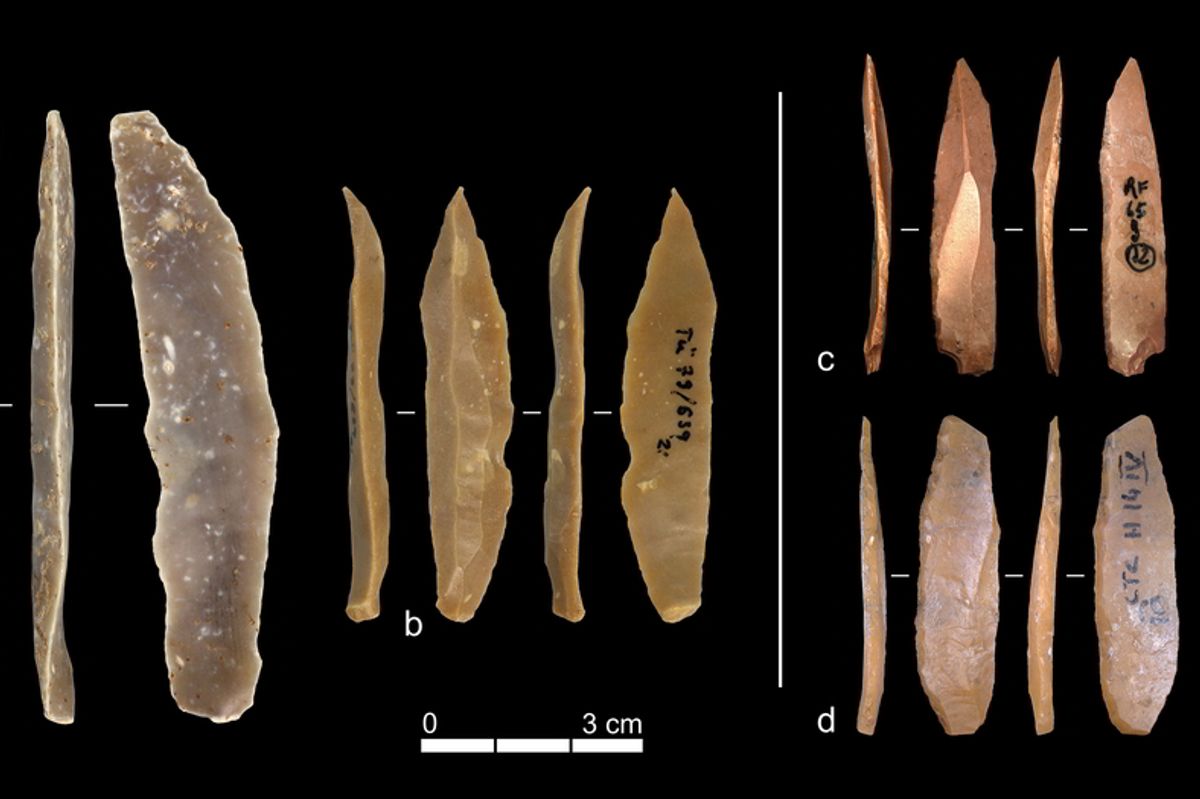When…
Scientists and community members in Altadena are testing ways that California species can assist efforts to rebuild

Identical twins who were raised apart may have IQ differences similar to those of total strangers, according to new research. The findings suggest that variations in IQ may be less about genetics and more about schooling.
The heartbreaking…

A catastrophic earthquake rocked the Caribbean in the late 14th century and triggered a

It was early January 2025 when a faint light spot was observed at the Mt. Lemmon Observatory in Arizona. Follow-up observations revealed that the object was a comet visiting from the outer edge of the solar system, and it was named Comet Lemmon…

Doctors in the US have warned of an alarming increase in eye injuries following the surge in…

The identity of the miscreant responsible for a rodent-shaped hole in a Chicago sidewalk is not the beastie everyone thought it was.
After careful examination of all the facts and evidence, a team of sleuthing scientists has determined the…

In the open ocean, a manta ray’s path can seem deliberate, until, without warning, it slips beneath the surface and vanishes into the blue. Hours or days later, it reappears far from where it began. Scientists have long wondered what drives…

There’s more than one way to make a stone tool. That’s according to a new analysis of artifacts from Lebanon and Italy, which determined that modern humans manufactured their tools in distinct ways in the Near East and Europe around 42,000…

Cortical Labs, a startup based in Australia, has developed what it describes as a “code-deployable biological computer.” Called CL1, the technology is a type of synthetic biological intelligence consisting of a combination of real neural…